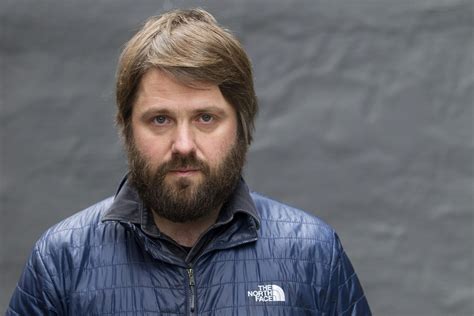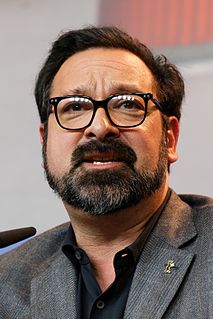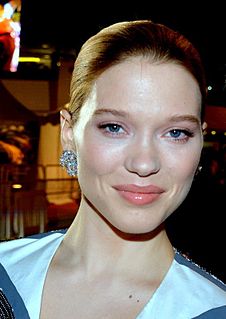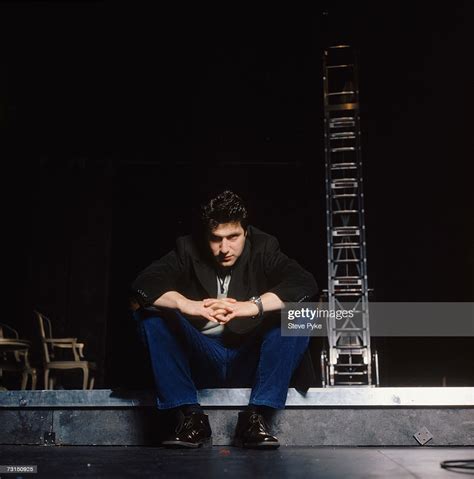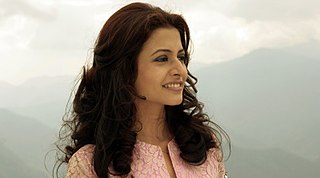A Quote by Sayani Gupta
North-east films are still not on a national level. But 'Axone' is a mainstream film. I found the script very authentic and also very funny.
Related Quotes
Working with Chaplin was very amusing and strange. His films are so funny, but working with him, I found him to be a very serious man. Whereas the films of Hitchcock are macabre, he could be a very funny man to work with, always telling jokes and holding court. Of course, when I worked with Charlie he was getting older.
There's a level where the themes of a film are very relevant to me and also the idea of finding out how relevant one genre is to another. I think that westerns and samurai films and superhero films have a lot in common. It's just that the scale of the visuals in tentpole films can sometimes overwhelm the drama.
What happens when I'm dealing with the problems in North Korea and the Middle East? Are you folks going to be reporting all that very, very confidential information, very important, very - you know, at the highest level? Are you going to be reporting about that, too? So I don't want classified information getting out into the public in a way that was almost a test.
All directors make films in individual ways. But the classical kind of view of filmmaking is that you have a script, and it's very linear. There's a script, then you're going to shoot the script ,and then you cut that, and then that's the end of the film. And that's never really been how I've seen it.
Any good movie or script usually, if they're doing their job, gives the highest platform possible for an actor to leap off of, and that script was very high up there. It was a very smart, tight script. There was a lot of improv, as well, once we got to the set, but a lot of the original script was also in there.
Of course, there's always one theater that shows some kind of European film. Now, fortunately, you have DVDs, so it's possible to get anything you want within a few hours. In those days, it was virtually impossible to get Italian films, or German films, or whatever. So I grew up with very standard, mainstream films.
I found the people to be very kind and generous. It was unique because the crew was mainly Ugandan [filming The Last King of Scotland]. They had never done a film before. So, they were learning the process of making films, but at the same time they were also helping with the authenticity of the film.


